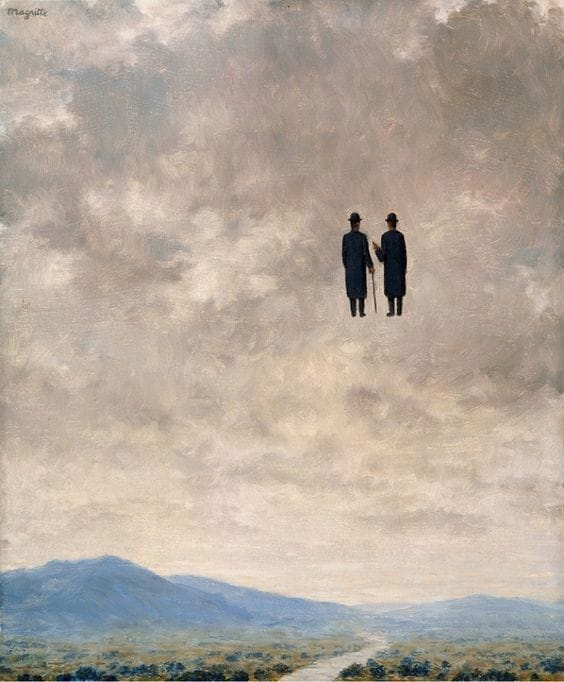Suffering in Silence
We all struggle to some degree in our lives, nobody is devoid of pain or anguish, and it is one of those things that bonds us as human beings to one another. It can be a bridge to healing..."
We all suffer, and depending on your worldview you may even believe that we are in a state of perpetual suffering. Suffering comes with our birth of consciousness. We are eventually stripped of our childlike innocence and begin to experience the cruelty that the human psyche is capable of. Strictly psychologically speaking, we eat the forbidden fruit of consciousness, and thus we are no longer permitted to live in eternal paradise.
Our awareness of some form of suffering often comes fairly early on in our lives, whether conscious or not. We may see or hear it in our homes at a young age when or if our parents argued, we learned about it through our education with regard to the varying tragedies civilization has incurred on itself or witness it firsthand with how we see people treat each other in public.
Suffering in this sense is always around us, humming at a low frequency. However, this gets amplified by how connected the world is now, with social media and the internet we have access to the world's suffering at a touch of a button. Some of us, understandably so, rationalize this as staying in the “know”, but the question becomes at what cost is this information actually benefitting me. Is it bringing me what I need out of life?
It does make me wonder why we have a desire have to know about the suffering of others. Is it because it’s a distorted way of feeling good about ourselves – our pain isn’t as bad as theirs? Is it because misery loves company and we are bonded through the despair in the world? Or do we feel like it’s truly inescapable, so what difference does it make if I tune into suffering?
We all struggle to some degree in our lives, nobody is devoid of pain or anguish, and it is one of those things that bonds us as human beings to one another. It can be a bridge to healing, understanding and true compassion. However, often we find ourselves suffering in silence and wallowing in our sorrow.
For one reason or another, we think our suffering should end with us and don’t believe anyone has a right to know that part of ourselves. We cut people out for what we believe is their own “safety” and we shouldn’t be burdening others. This is a maladaptive way of embodying the concept of suffering in silence. When we suffer in silence in this way there’s a sense of arrogance and naivety to it. Arrogance because you may think you’re the only one who can solve your problems, and naive to think that no one can help you.
Sure, this is true to some degree because, at the end of the day, you’re making the choices that dictate your place in the world. However, it’s naïve to believe that you can make it without help from others. We need others to point out our faults and mistakes, and we also need them to build us up, and allow us to be who we can be in this world.
Yet, I also do believe suffering in silence does have its place. We can do this in moments where we feel we are becoming overly emotionally activated. For instance, you are on the precipice of slipping into an argument with someone over something relatively benign, such as a differing opinion on a matter. At some point, you may have the initial impulse to begin to debate this individual, but rather you swallow it for a moment, take a second to suffer in silence, and redirect the conversation in a different direction or become curious about their position and begin to ask them why they believe what they do.
Suffering in silence is never appropriate when you begin to see your health – physical, psychological, spiritual – deteriorate. It is then we must lean on others to pull us out of our sinking ship, to help restore confidence in ourselves and humanity. However, there are pockets when we do need to show temperance and suffer in silence, to not react, and to build the character we need to be for others and for ourselves.


